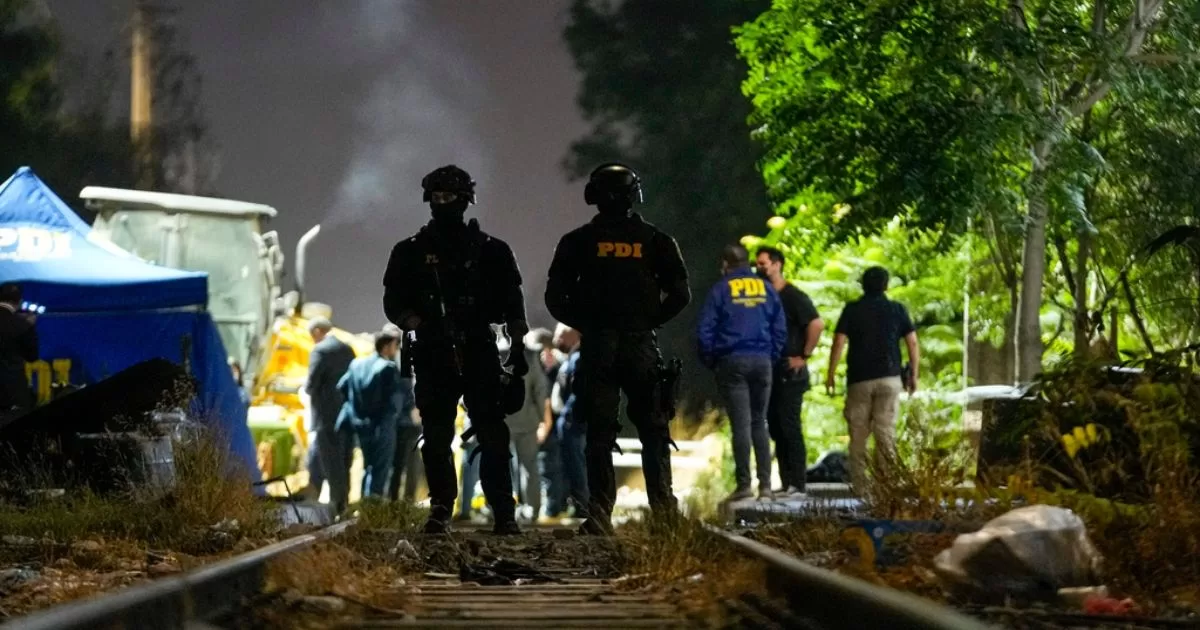A very critical situation, and the specter of possible epidemics? In Sudan, a medical laboratory storing samples of measles, cholera or even poliomyelitis, extremely contagious diseases, has been transformed into a military base, while the country has been torn apart for several days in a war of succession between two generals in power.
What’s happening in Sudan?
In Sudan, General Abdel Fattah al-Burhane has been vying for power with paramilitary leader Mohamed Hamdane Daglo since mid-April. The latter challenges the government agreement he had concluded in 2021, and has been trying to seize the head of the country since. If this Tuesday few shots are recorded in the capital Khartoum, where the laboratory is located, the truce signed by the forces present under the aegis of the United States this Monday, should last only 72 hours.
Are viruses still monitored?
The situation presents a “huge biological risk”, alerted the WHO, during a press briefing in Geneva on Tuesday, April 25. No more scientists have access to the laboratory. The equipment is therefore no longer under sufficient supervision. “They chased away all the technicians from the laboratory which is now completely under the control of one of the fighting parties” which uses it as a military base, said Dr Nima Saeed Abid, WHO representative in Sudan. The latter stressed that the situation was “extremely dangerous” in view of the samples of pathogens on site. The institution did not specify who was behind this high-risk occupation.
What could possible contaminations cause?
The state of conservation of the samples of pathogens is not specified, but what worries the WHO is the contagiousness and the seriousness of the diseases potentially caused in the event of an accident. Cholera is an acute diarrheal disease from which people can die within hours if left untreated. Measles is an extremely contagious viral disease, just like poliomyelitis which largely affects children under 5 years old. The epidemics triggered by these diseases in the past are among the deadliest in history.
Can the country contain a possible epidemic?
The country is particularly fragile in terms of public health: reserves of blood bags are running out in Sudan and the absence of generators also poses very high biological risks, in addition to “chemical risks”, indicated the WHO. The clashes have paralyzed hospitals and other essential services, and left many people stranded in their homes with dwindling supplies of food and water. The situation is conducive to the emergence of epidemics.
What is the current toll of the war?
The clashes that have erupted since mid-April have already left 459 dead and 4,072 injured, according to the WHO, which said it could not verify these figures from the Ministry of Health. Up to 270,000 people could flee from Sudan to Chad and South Sudan, the UN refugee agency (UNHCR) said. The spokesperson for the United Nations Office for the Coordination of Humanitarian Affairs (Ocha) in Geneva, Jens Laerke, assured him that humanitarian workers remain “deeply concerned about the humanitarian impact of the fighting which broke out ten days ago in Sudan”, claiming that the population “is on the edge of the abyss”.

